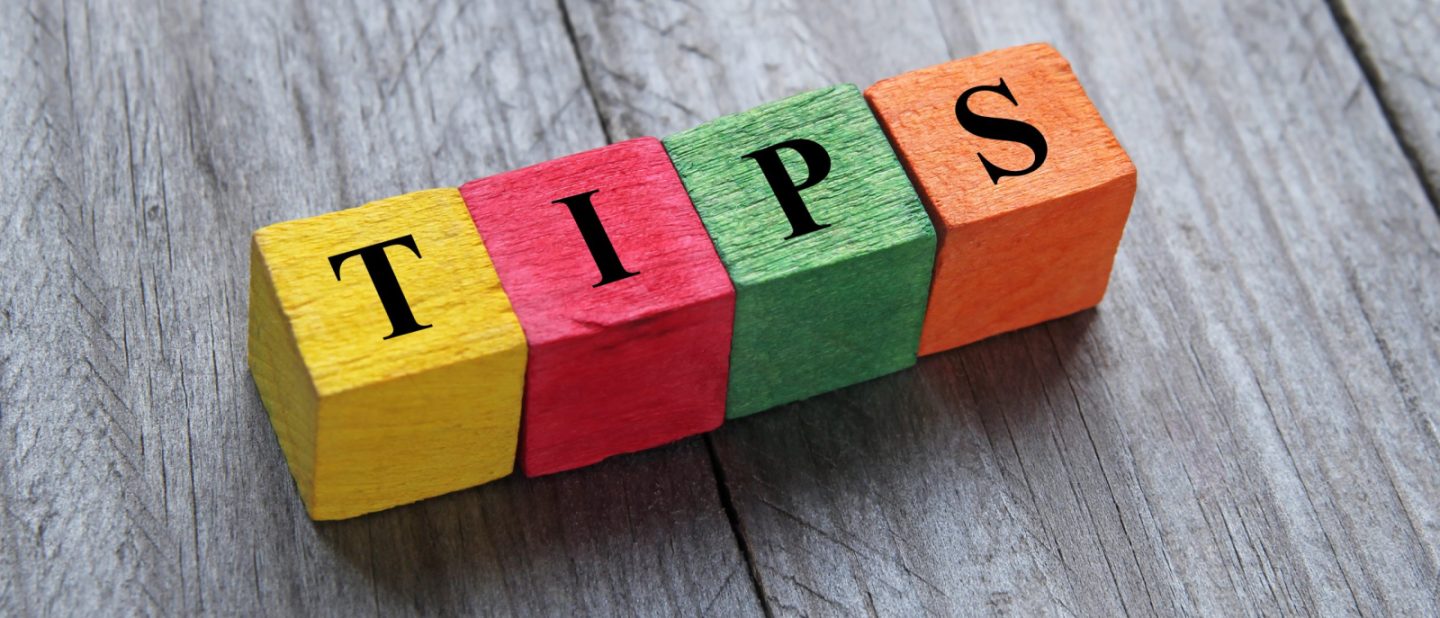
Therapy Burnout
By JAMES PIPE
How to avoid therapy burnout
From the moment your child is diagnosed, and often long before then, therapy sessions are a part of your weekly routine. But how do you avoid therapy burnout, for both you and your kids?
Talk about what therapy feels like
Performing certain activities and staying on-task can be difficult for your child. So, explain how the skills they are learning will help them in daily life – like making their legs strong to be able to climb up the playground ladder, or making awesome craft projects with their new-found scissor skills.
Set up a routine
Predictability and routines can help lower your child’s stress levels. So, try to keep a regular therapy schedule i.e. on the same day once a week or once a fortnight.
Keep sessions short
It’s not a marathon, but a series of sprints. This applies to everyday tasks as well. Help your child break up their school work or therapy homework into 20 or 30-minute chunks, then give them a five-minute break to relax, go for a walk outside or grab a snack. Teach them that while it is important to perform well, it should never come at the expense of their mental health.
Make therapy “homework” fun
It sounds obvious, but it’s easy to forget the importance of doing fun things with your kids. A child needs to spend at least 30 minutes a day with their parent to have a strong and healthy relationship. Swap 10 minutes of reading or schoolwork with OT exercises like playing cards or a boardgame together. It will not only help you bond with your child, but make them happier and more relaxed.
Don’t be afraid to take a break
Your child likely needs to learn specific tasks and skills through therapy sessions, but be mindful to let them off the hook when they need it. If they have a really busy week looming, ask the therapist to skip a session. Perhaps use the appointment as a telehealth parent session instead, giving you a chance to discuss goals and progress, issues arising at home and strategies to assist. If you feel your child is nearing burnout, recognise their limits and chat with your therapist about taking a longer break. You’ll find it will re-energise your child and they will be more focused and enthusiastic when they resume therapy.






